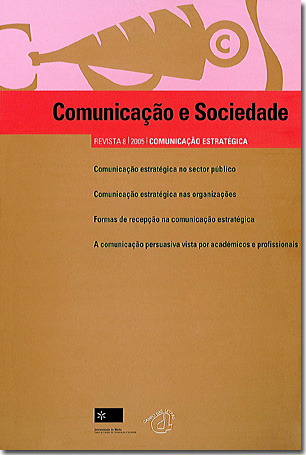Technology as text: the changing meanings of the fixed and mobile telephone
DOI:
https://doi.org/10.17231/comsoc.8(2005).1194Keywords:
Technologies, cultural products, symbolic value, social usesAbstract
Recent sociological studies of the mobile phone and the fixed line telephone have drawn attention to the changing meanings of communications technologies. Whilst manufacturers often represent “preferred” uses in product marketing, users frequently subvert such intended purposes, modify them or invent new practices. Mobile phones, whose “essential” function was verbal communication, were initially designed and marketed for business and professional use. Today we use them to chat and keep in touch with our children. Their basic function of speech communication has been subverted as teenagers opt to for text messages. School-children have invented new social uses despite the efforts of mobile phone companies to persuade them otherwise.Traditionally, social scientists have assumed that a device such as the telephone has an intrinsic purpose determined by some essential property of its technology. Such an approach stands in contrast to the analysis of works of art or products of the media where factors such as religious belief, social values and political ideology are routinely invoked to explain their various interpretations. This paper suggests that such a dichotomy is false. Concepts from cultural studies and communications theory are used to argue that technologies such as the telephone are cultural products with symbolic as well as economic value and that users can shift their meanings.Downloads
Downloads
Published
How to Cite
Issue
Section
License
Copyright (c) 2012 Comunicação e Sociedade

This work is licensed under a Creative Commons Attribution-NonCommercial 4.0 International License.
Authors own the copyright, providing the journal with the right of first publication. The work is licensed under a Creative Commons Attribution 4.0 International License.












